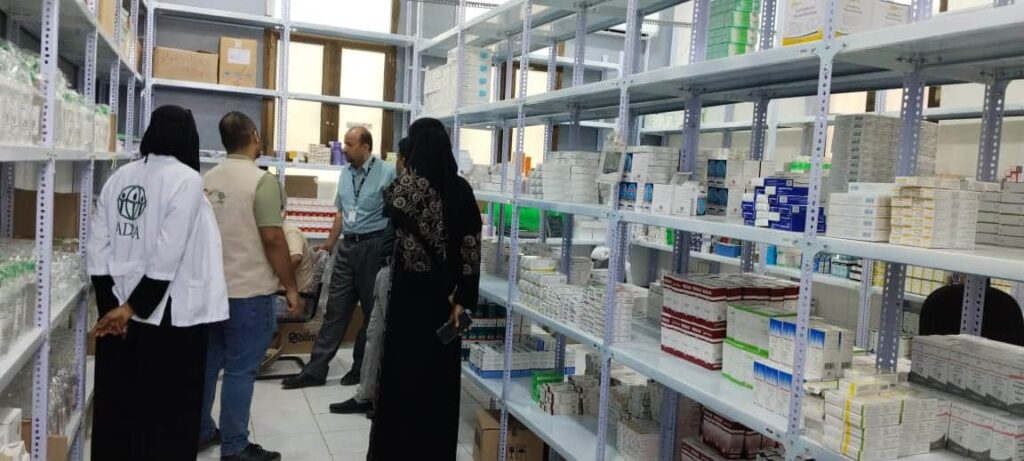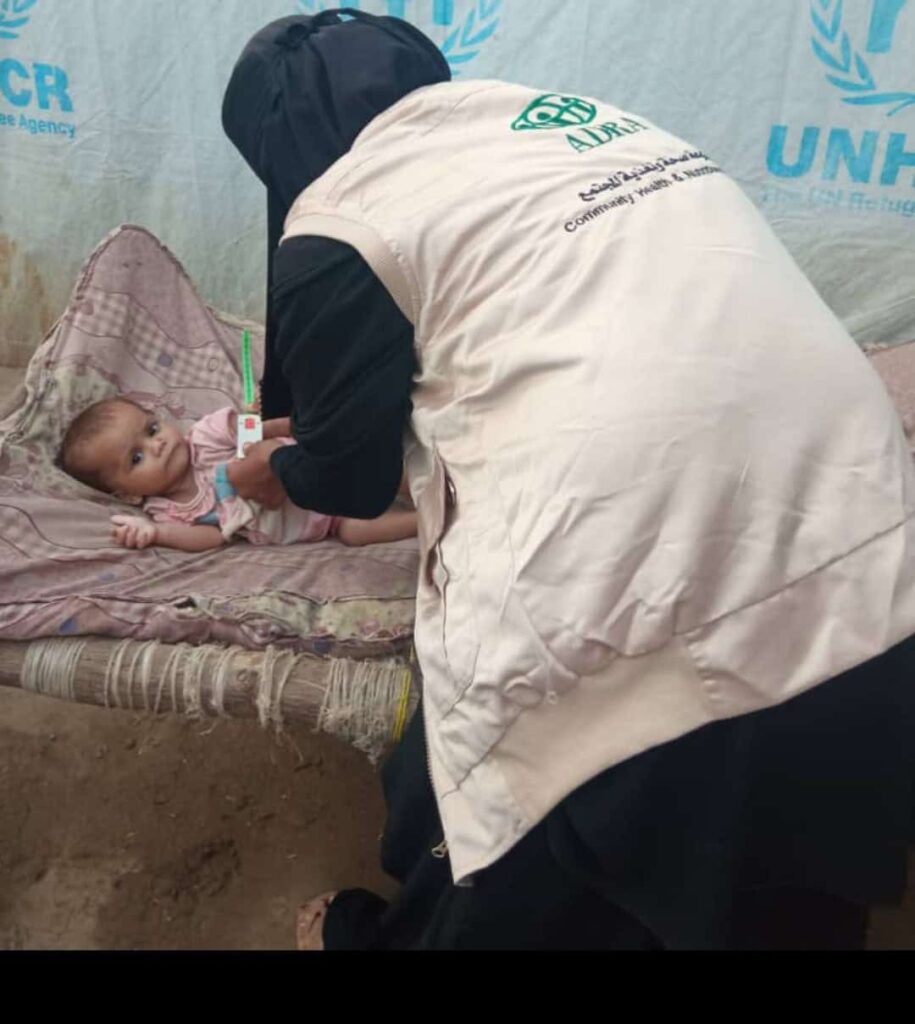ADRA Provides Lifesaving Medical Aid in the Middle East
Initiatives seek to bridge the gap in access to medicines and food, its leaders say.
October 8, 2025 | Silver Spring, Maryland, United States | ADRA International
After eight years of conflict, health systems in parts of the Middle East are collapsing under the weight of displacement, disease, and dwindling resources. For families the impact is devastating. Hospitals once able to serve entire governorates are now struggling to keep basic medicines in stock, while rural health posts face long delays and empty shelves.
“Conflict and displacement have left deep scars on people’s minds,” said Ali Daoudi, communications and advocacy director for ADRA Yemen. “The armed conflict not only destroyed buildings—it shattered the sense of safety and belonging that holds communities together.”

After eight years of conflict, health systems in parts of the Middle East are collapsing under the weight of displacement, disease, and dwindling resources. But ADRA is there, making an effort to bridge the gaps in health-care and medicines access. [Photo: ADRA Lebanon]
Such cases highlight a growing concern across the country: when medicines don’t reach communities on time, preventable deaths occur quietly and uncounted. The loss of key funding has not only cut access to health services for an estimated 170,000 people per month—it has also limited reporting capacity, making it harder to track the full impact.
“Many mothers walk for hours under the burning sun to reach the nearest health facility, carrying weak and undernourished children in their arms, hoping for a chance to save them,” Daoudi said. “And imagine the disappointment when they arrive to find that there is no medicine at the health facility.”
Yet there is hope. With modest support ADRA’s teams have shown they can keep clinics open, move supplies where needed, and save lives. Just weeks ago a bridge grant of US$10,000 made it possible to deliver essential medicines to nine health facilities in Lahj and Abyan. That small but timely intervention prevented stockouts, safeguarded treatment for hundreds of patients, and averted the loss of medicines at risk of expiring in warehouses.

In 2024 ADRA reached more than 1.4 million people across the region with health, nutrition, and protection services, the agency leaders reported. [Photo: ADRA Lebanon]
“Hospitals struggle to stay open,” Daoudi said. “With no salaries, few medicines, and dwindling fuel, health staff continue to serve out of sheer compassion and duty.”
In 2024 ADRA reached more than 1.4 million people across the region with health, nutrition, and protection services. This year, however, funding interruptions have forced cutbacks, leaving hundreds of thousands without care. ADRA continues to manage more than US$700,000 in medical stock and works closely with local health authorities to ensure safe, transparent distribution. With adequate resources, these supplies can be moved quickly into hospitals and clinics, protecting families from preventable illness and death.
“Some children arrive too late,” Daoudi shared quietly. “You can see the pain in the health workers’ eyes as they try to fight what hunger has already stolen. But every time a child’s weight improves, even slightly, it brings a spark of hope back into the room. That small victory keeps our teams going.”
The campaign Lifesaving Medical Aid in the Middle East is a reminder of what is at stake: children’s lives, the dignity of communities, and the resilience of health systems under strain. It is also a testament to what is possible when action is taken. Every medicine delivered, every health worker supported, and every life saved brings hope to families who refuse to give up, even in the most difficult circumstances.
The original version of this story was posted on the ADRA International site.